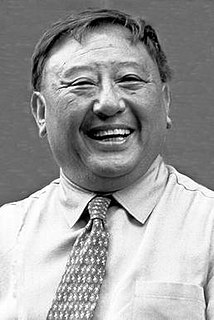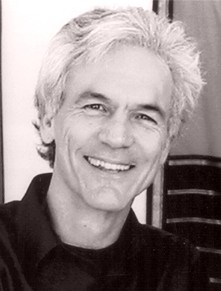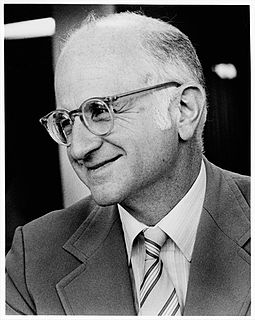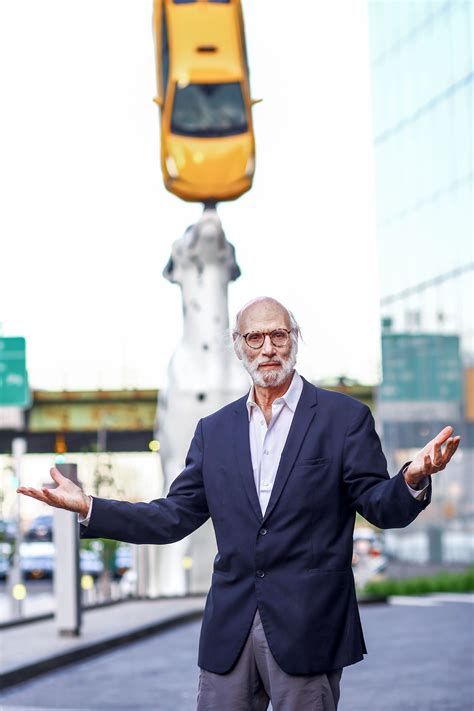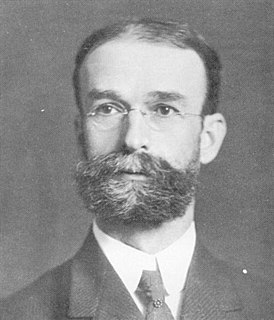A Quote by Benjamin Carson
That's the only way we're going to get through these programs. That is true compassion. Having people become dependent on others is not compassion at all.
Related Quotes
The wisdom that comes from having experienced heartbreak cannot be bequeathed; it can only be gained through experience. And having truly felt it, we are far more likely to have compassion for others. Anything that takes us close to true compassion takes us closer to what will one day be an experience of even greater joy.
Only when all your desires disappear does that energy become compassion, KARUNA. You cannot cultivate compassion. When you are desireless, compassion happens; your whole energy moves into compassion. And this movement is very different. Desire has a motivation in it, a goal; compassion is nonmotivated, there is no goal to it, it is simply overflowing energy.
By government giveaway programs, individuals are often hurt far more than they are helped. The recipients of these programs become dependent on the government and their dignity is destroyed. Is it compassionate to enslave more and more people by making them a part of the government dependency cycle? I think compassion should be measured by how many people no longer need it. Helping people to become self-sufficient is much more compassionate than drugging them with the narcotic of welfare.
The human being is that space in which the comprehensive compassion that pervades the universe from the very beginning now begins to surface --within consciousness. (As compared with the natural displays of compassion by other creatures that is not necessarily 'within consciousness. ') That's the only difference. We didn't create compassion, but it's flowing through us-or it could. The phase change that we're in seems, to me, to depend upon that comprehensive compassion unfurling in the human species.
Compassion does not just happen. Pity does, but compassion is not pity. It's not a feeling. Compassion is a viewpoint, a way of life, a perspective, a habit that becomes a discipline - and more than anything else, compassion is a choice we make that love is more important than comfort or convenience.
There are two types of compassion. One - is faint-hearted and sentimental. Actually, it is nothing more than impatience of the heart, that is hurrying to get rid of that hard feeling when you see other peoples' sufferings; this is not a compassion, but just an instinct will to defence yourself from misfortunes of others. But there is another compassion - real one, that demands for actions, not sentiments, it knows what it wants, and it is full of determination to do everything, what is in human power and even beyond it.
What is love? It is not simply compassion, not simply kindness. In compassion there are two: the one who suffers and the one who feels compassion. In kindness there are two: the one who gives and the one who receives. But in love there is only one; the two join, unite, become inseparable. The I and the you vanish. To love means to lose oneself in the beloved.









